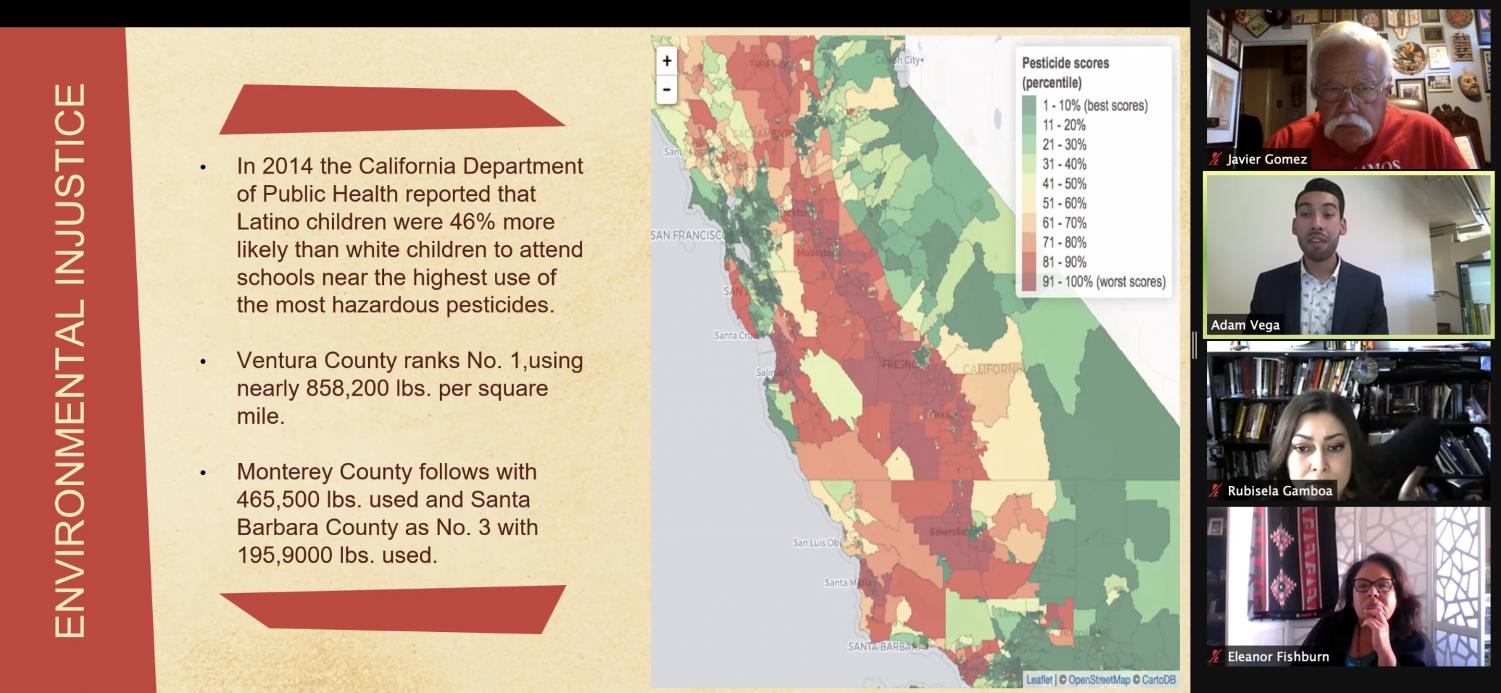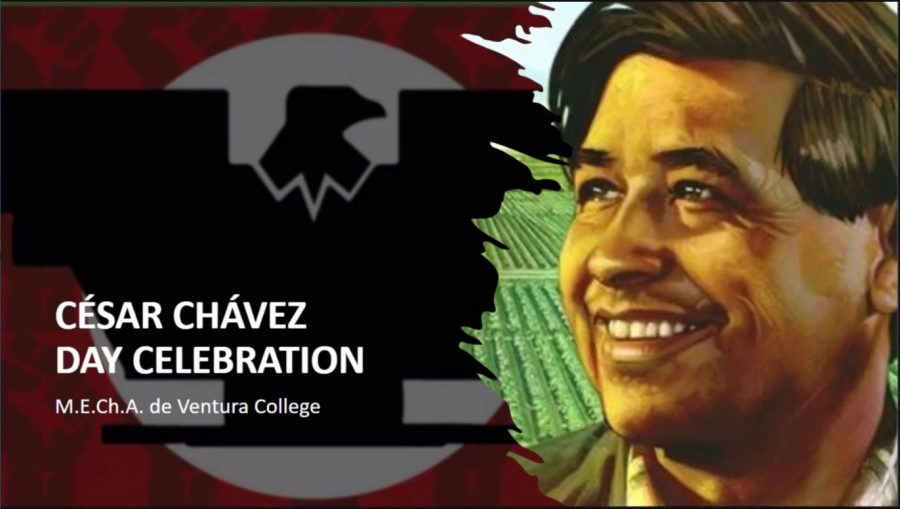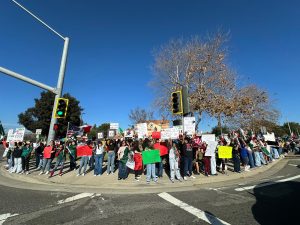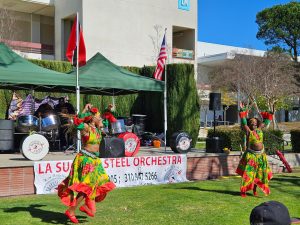Cesar Chavez’s “La Causa” continues to fight on in Ventura County against injustices farmworkers face
Image Provided by Ventura College
On April 8, Ventura College and M.E.C.H.A hosted a virtual meeting to celebrate and highlight the efforts of Cesar Chavez.
April 10, 2021
In collaboration with M.E.C.H.A, a Chicanx student movement, Ventura College hosted a Cesar Chavez Day celebration on April 8, 2021. The virtual meeting celebrated and highlighted Cesar Chavez’s work for agricultural workers.
One of the panelists was Javier Gomez, an author, playwright and activist. Gomez is a discipline of Cesar Chavez’s civil rights movement, “La Causa.” Gomez is an activist of the Chicano movement that protested against police brutality, discrimination, racism and the failures of the educational institutions.
Gomez reminisced about “La Huelga,” the strike in which farmworkers refused to work to fight for human rights and better working conditions.
“The essence of the Huelga and the impact this had on the lives of many of us, and also in particular, the great influence that one individual can do to create change,” Gomez explained. “Thank goodness Cesar Chavez didn’t act alone. He worked together with a powerful woman, Dolores Huerta.”
Chavez organized farmworkers by co-founding the United Farmworkers Union with Dolores Huerta in 1962 to fight against the injustices farmworkers faced. The movement helped campesino’s, farm laborers, seek justice to obtain fair and equitable wages, unemployment benefits, paid holidays, over-time pay and the establishment of a pension plan.
“La Huelga was the birth of a civil rights movement, a call to action it was La Causa, the call for all Raza to join in. It was a period of great struggle,” said Gomez.
One of the issues “La Causa” fought for was the elimination of dangerous pesticides in the fields.
Adam Vega, agriculture community health activist, explained the impact of pesticides directly affecting farmworkers.
“We know farmworkers suffer the most from the chemicals used for fertilization,” explained Vega. “They are causing a lot of really nasty chronic health conditions and again children, when we think of what we’re doing we need to think in seven generations. How is this going to impact those who come after us?”
Vega has directly advocated for the protection against pesticide exposure. Vega’s advocacy efforts lead to a guidance being implemented to protect children and families from pesticide exposure.
To help combat pesticide exposure, the Governor of California, Gavin Newsom, issued executive guidance on May 4, 2020, to “ensure strict enforcement and oversight of regulations to protect children from pesticide exposure.”

Vega presented a slide with a map of California and the counties with the best and worst scores in terms of pesticide use. Ventura County ranks number one in using nearly 858,200 lbs. per square mile of pesticides. Vega explained that it is not the “redder the better”. The darker red, on the other hand, denotes the highest percentile of pesticide usage and possible exposure.
“That is not a good thing to be proud of. We are number one. No no, it is very bad, very concerning,” Vega expressed his disappointment.
Vega explained that the first and last time the California Department of Public Health conducted a study was in 2014 and reported that Latino children were 46% more likely than White children to attend schools near the highest use of the most hazardous pesticides.
“Mr. Gomez talked about this, The Grape Boycott, the wrath of grapes campaign, it specifically drew attention to the use of these really, really nasty chemicals and how pesticide impacts our people,” explained Vega.
Even after Chavez efforts, the fight still continues and panelist Eleanor Fishburn mentioned at the beginning of the meeting the importance of unity.
“We need to celebrate our individuality as well as we come together as a community,” said Fishburn
To learn more about the M.E.C.H.A club visit their social medias and to learn more about Cesar Chavez’s work visit the UFW.







